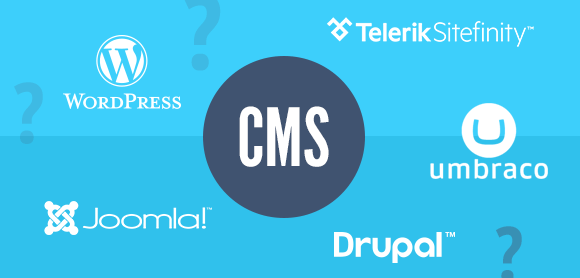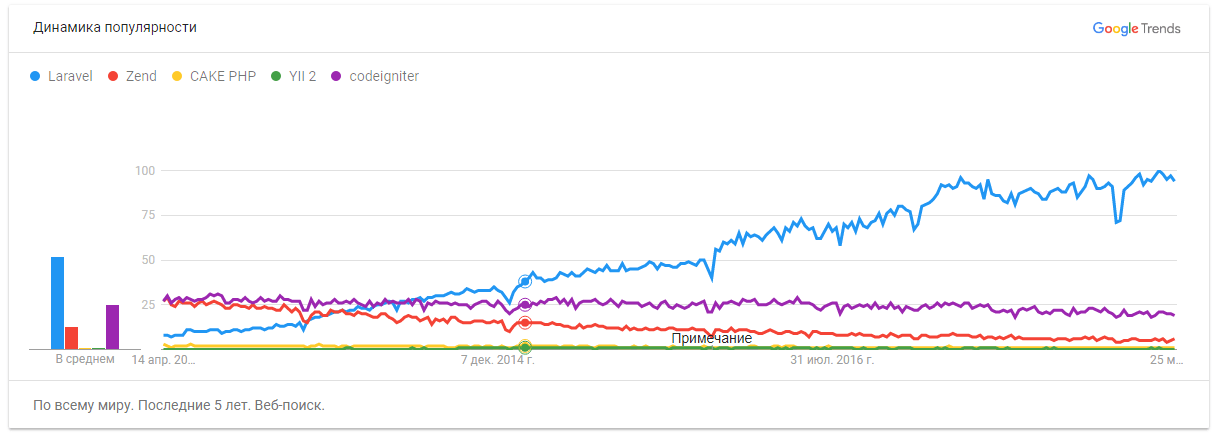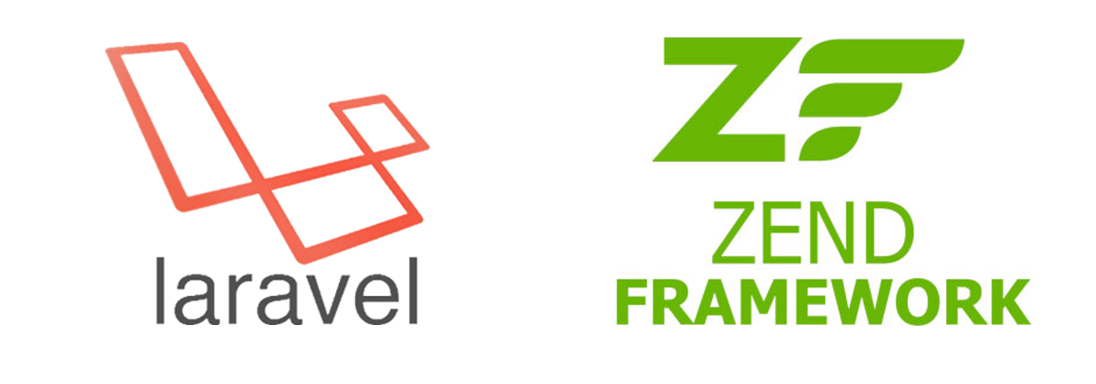How to choose a modern content management system (CMS)
CMS or content management system makes the process of creating a site and its subsequent management as simple as possible. But it is important to choose a system that suits your needs. If you plan to launch an online store with thousands of pages, you will need one CMS. If it's a personal blog, it's different. CMS allows you to manage any website content without programming skills. The better the CMS is chosen for a particular site, the easier it will be to manage the content.
Benefits of using ready-made CMS

It is CMS that provide the dynamism of sites, allow you to expand and replace pages, changing the content and design. In this case, interventions in the source code will be minimal.
Most sites, from large shopping portals to resource offerings of services, are built on CMS. The reasons for the popularity of ready-made systems are as follows:
- Materials can be added, modified and deleted without involving a programmer. In this case, the number of pages is not limited.
- The CMS already has built-in security features. They prevent data theft by guessing passwords, unauthorized updates and hacker attacks. It turns out that the basic protection of the resource is provided.
- Almost any optimization aimed at increasing the download speed is possible.
- There are practically no design restrictions: you can change any elements, increasing user engagement.
What to look for when choosing a CMS

When choosing a content management system, you will need to take into account all the basic characteristics. You need to make sure that the option you choose fits the needs of your online business now and will fit in the foreseeable future. Here are the main elements to pay attention to:
- pre-installed functionality: catalog for products, blog for news, filters in the catalog for selecting products by characteristics;
- the ability to view on mobile devices;
- site loading speed;
- pre-installed and additional modules, the possibility of expansion;
- possibility of integration with additional systems;
- compliance with the key parameters of SEO promotion, the possibility of optimization and promotion in search engines.
Many systems are universal and allow you to launch almost any site, from a landing page to a corporate resource. But it is still important to know in advance which site you need, and then choose a CMS.
Popular PHP frameworks

There are many popular frameworks used as CMS, but two of the most common are LARAVEL and ZEND. We will tell you how these frameworks differ, and what features they have.

So, LARAVEL has been considered the leader in popularity since 2015. Developers are constantly supplementing and expanding the functionality, so it is convenient to use this system. Most often, LARAVEL is used for corporate websites or online stores. In addition to wide functionality, this system is distinguished by:
- open source to make changes for your functionality;
- convenient architectural model MVC;
- practical, intuitive interface;
- the presence of additional features: unit testing, reverse routing, and others.
ZEND is a platform for building web applications. It has been known on the market for 10 years and is constantly being upgraded. The system is built on the principle of adjacent, practically independent components. The main characteristics of the Zend Framework are:
- support for a large number of databases, including Microsoft SQL Server and SQLite;
- MVC patterns;
- application libraries that simplify integration with other systems;
- flexible caching.
Some characteristics of popular systems are very similar, which allows us to highlight the main requirements for modern CMS.
What should be the site engine in 2018?
Modern CMS should contain:
- visual editor for easy and quick changes;
- ability to manage title and description meta tags;
- robots.txt and .htaccess files in XML sitemap
- canonical links and SEO URLs;
- the ability to manage indexing, setting noindex and nofollow for certain sections;
- the ability to resize images, optimize them and specify attributes;
- directory of suitable plugins and themes.
In addition, there should always be the possibility of accelerating the site and managing user rights. All these points are important when choosing a quality content management system, but this is a minimal set. What is decisive for you?
